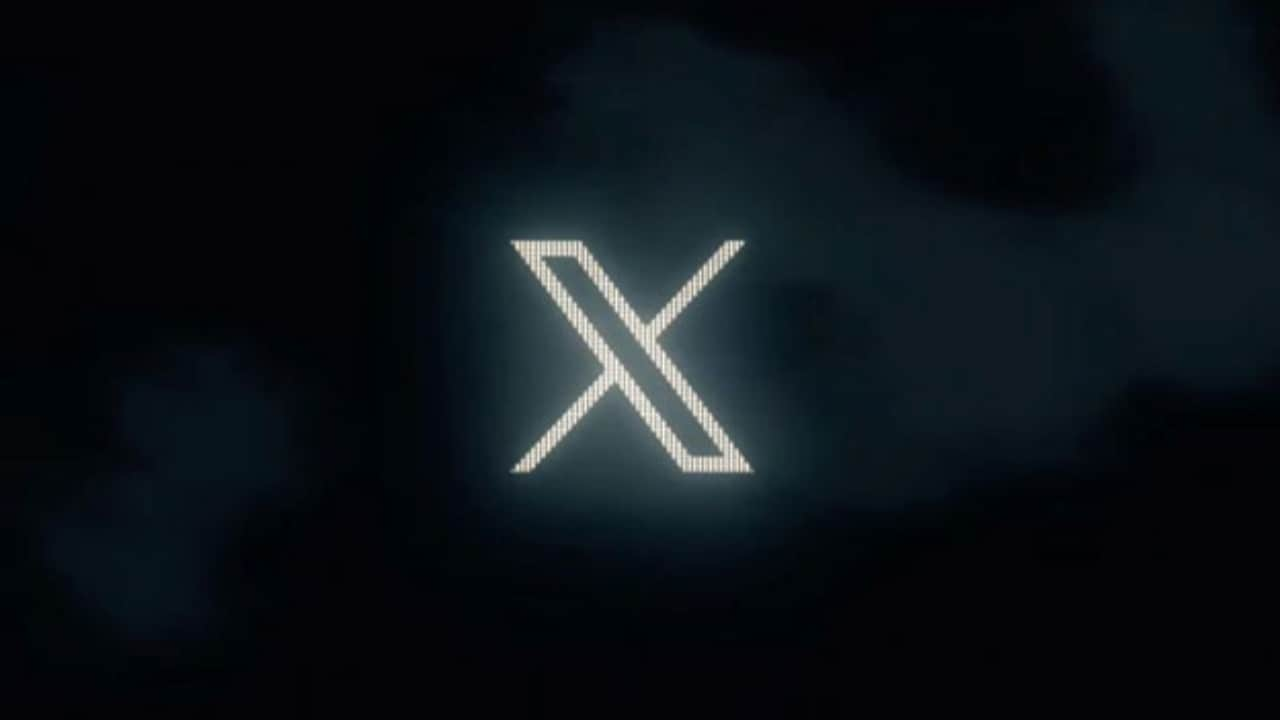The Karnataka High Court has postponed the hearing of X Corp’s (formerly Twitter) petition challenging the Indian government’s content removal orders. The next hearing is scheduled for July 1, 2025.
X seeks to amend its petition, arguing that the government’s use of Section 79(3)(b) of the Information Technology Act undermines the safeguards provided under Section 69A, which they consider the appropriate legal mechanism for such actions. The court has directed X Corp to file its amendment applications within two weeks, with the government given three weeks thereafter to respond.
This case is part of an ongoing legal dispute between X Corp and the Indian government over content blocking orders and the use of the Sahyog Portal, which X Corp argues bypasses established legal procedures.
In its petition, filed on March 5, 2025, the social media platform has mentioned ‘Sahyog’ as creating a parallel procedure for blocking content on a large scale and spotlighted it as ‘illegal censorship portal’.
Read more: Centre’s safe harbour framework ‘Sahyog’ becoming a censorship apparatus? Experts weigh in
It is to be noted that Section 69A is the main law governing online content moderation. It empowers the Centre to block content hosted on any digital platform if deemed necessary under Article 19(2) of the Constitution.
Additionally, Section 79 of the IT Act provides “safe harbour” protection to intermediaries (such as X), shielding them from liability for third-party content; however, Section 79(3)(b) states that intermediaries can be held liable if they fail to remove unlawful content after receiving actual knowledge or government notification.
In 2023, the Ministry of Electronics and Information Technology (MeitY) issued a directive allowing ministries, state governments, and police to issue blocking orders under Section 79(3)(b). The following year, in 2024, to create a safer space for Indian citizens, the Ministry launched ‘Sahyog’- a portal that enables authorities to issue and upload blocking orders.
